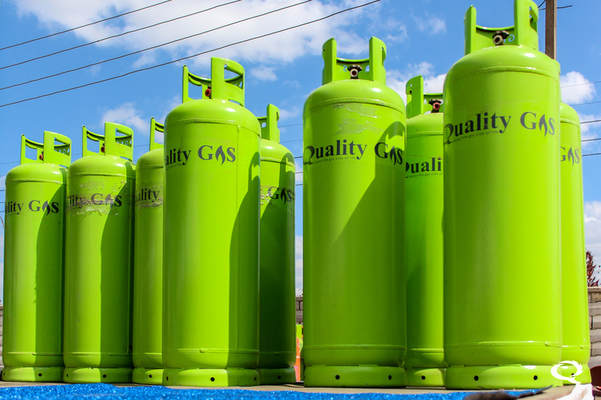LP gas demand continues to grow
THE demand for Liquid Petroleum Gas (LPG) continues to grow in Zimbabwe as more consumers shift to alternative power for cooking resulting in the sprouting of many service providers across the country.
According to the Zimbabwe Energy Regulatory Authority (Zera), the country has consumed nearly 400 million kilogrammes of gas between 2015 and March 2024, which is largely imported from regional producers.
“There are several reasons to believe that the LP gas industry will see sustainable growth in the coming years as a result of increased demand. Zimbabwe has used 393,435,538 Kgs of LP gas from 2015 to March 2024, an indication for a strong demand for the resource,” Zera chief executive officer, Mr Eddington Mazambani, said in written responses.
The regulator has recently been promoting the use of renewable energy through net metering, mini-grids and independent power producers (IPPs) licensing to increase access to modern energy by 2030, with a focus on renewable energy sources centric projects, as well as non-renewable traditional sources of energy.
Mr Mazambani said Zera has licensed electricity and petroleum companies to ensure compliance with energy regulations.
“As Zera, we promote energy efficiency and environmental protection through various initiatives that therefore shorten the energy gap by offering more efficient alternatives and practices that lowers demand and spreads the supply to be accessible to more users,” he said.
“Having environmental benefits given LP gas is a cleaner burning fuel than traditional fossil fuels, emitting significantly less CO2, being energy efficient as LP gas has a high calorific value.”
LP gas is mainly used for cooking, heating, as well as power generation, transportation and industrial processes regionally and globally, thus making it a versatile energy source for consideration for the later to be taken up in Zimbabwe.
“Government through its line Ministry of Energy and Power Development is promoting the use of LP gas as a cleaner alternative to traditional fuels and driving growth in the industry,” said Mr Mazambani.
“The growing demand for LP gas has created investment opportunities in the sector through the licensing of more LP gas retailers and wholesalers.
“There is room for the LPG operators to accept local currency like all the other currencies permitted in the country. It all depends on the currency that an operator prefers ahead of the others.”
Mr Mazambani, however, said there are challenges that need to be addressed through stakeholder engagement.
“We are going to make sure that there are consultations held with key stakeholders to get their input and views on proposed amendments and conduct training awareness for LP gas consumers countrywide on safe use of LP gas,” he said. —chronicle










